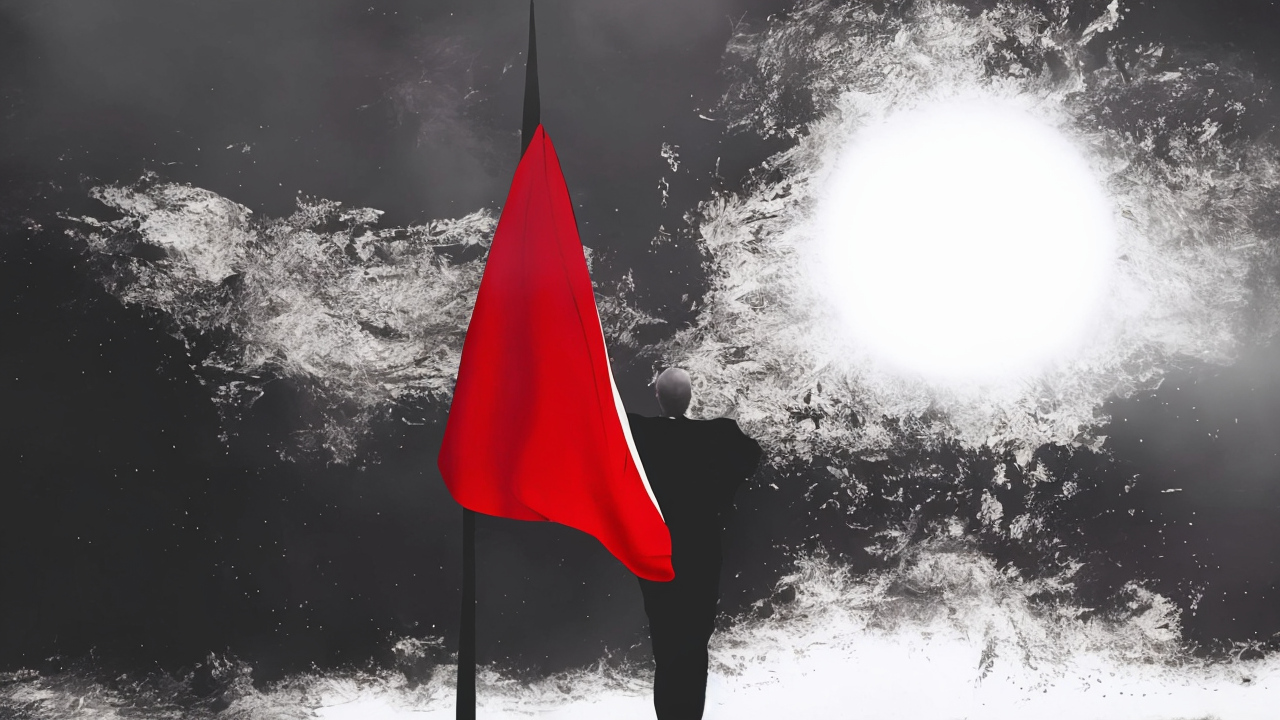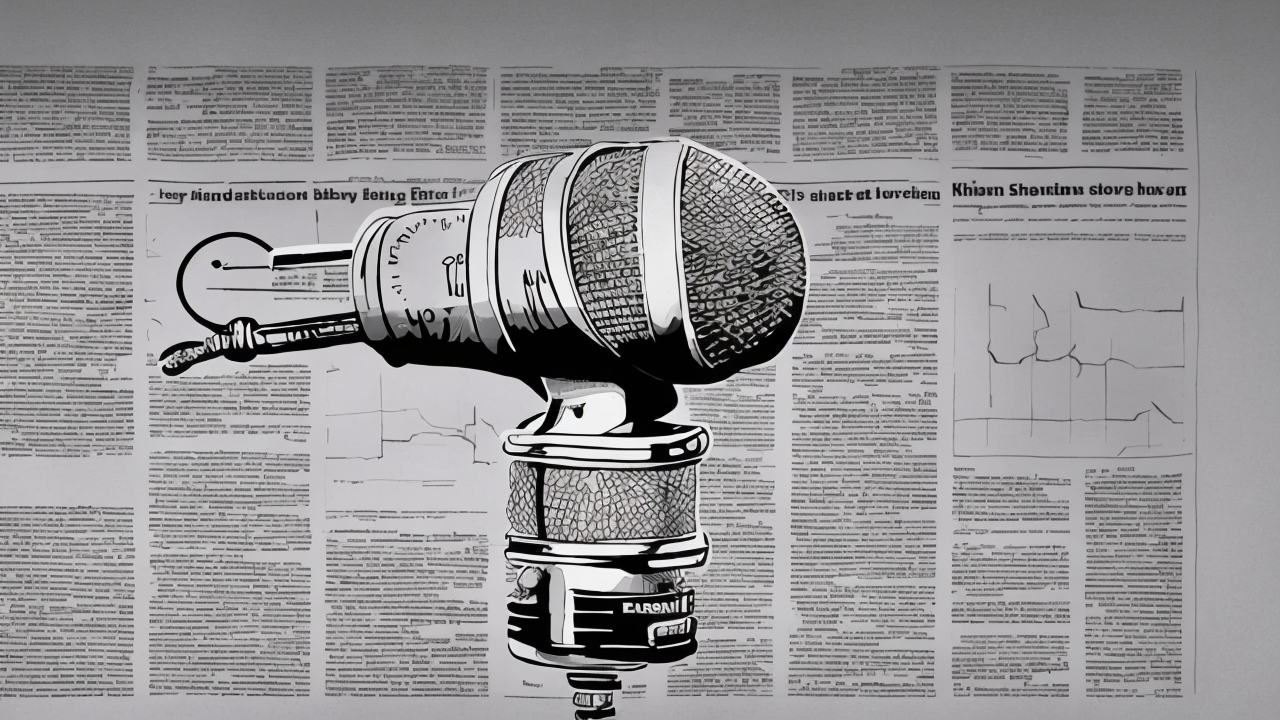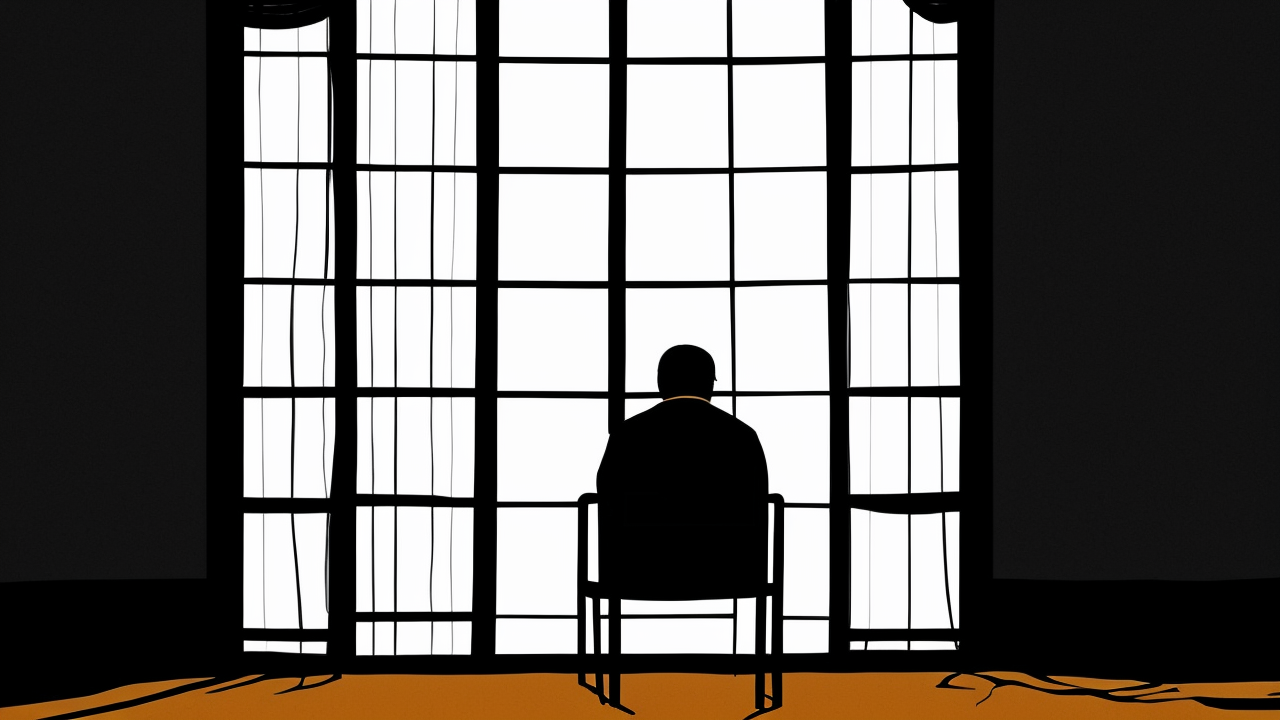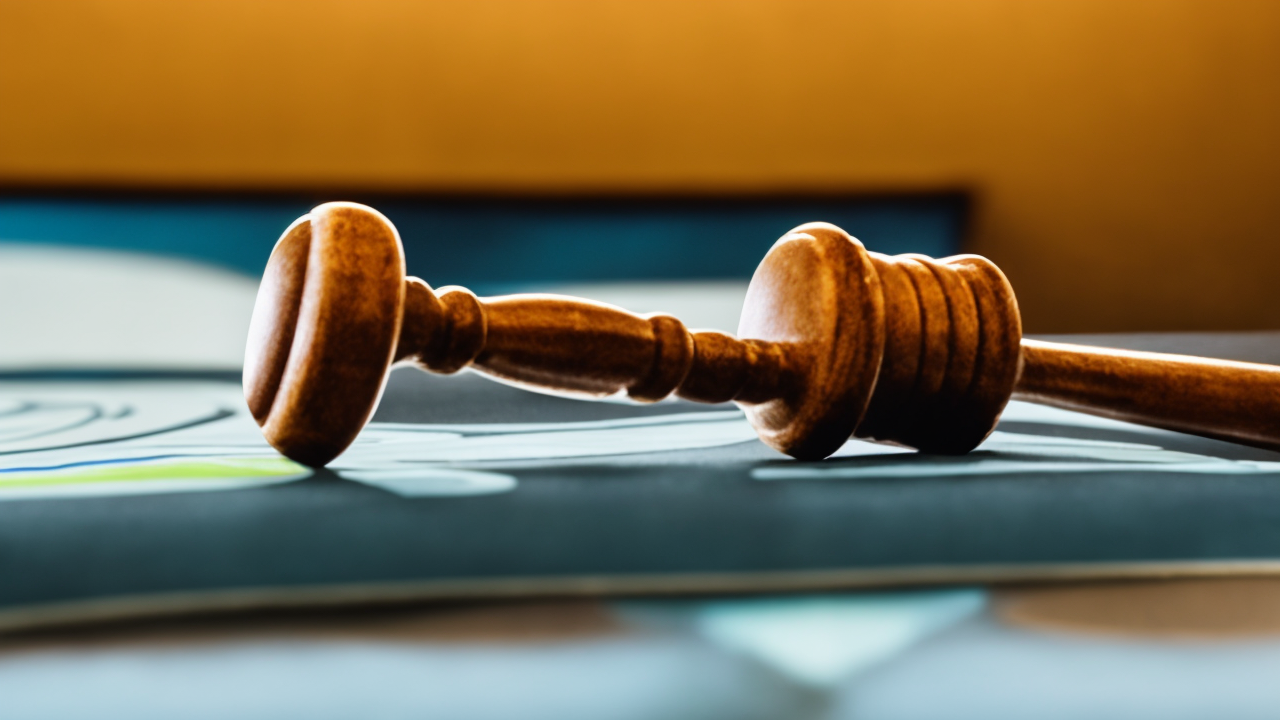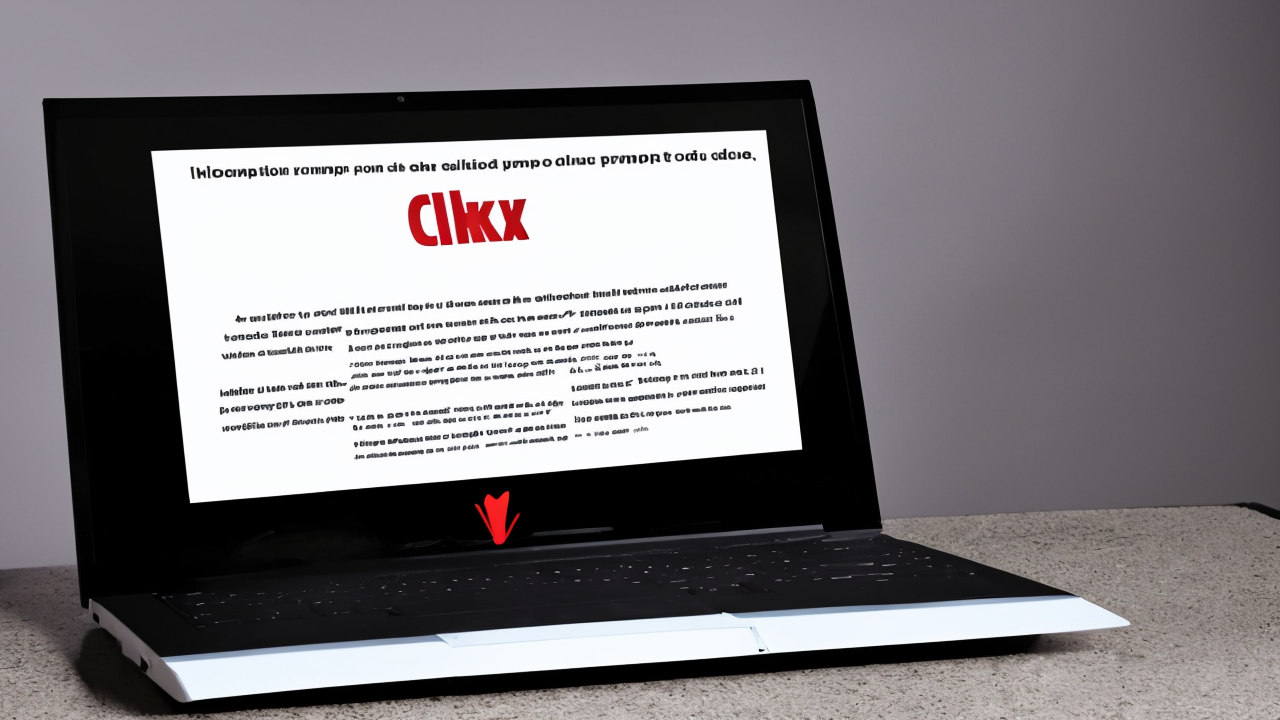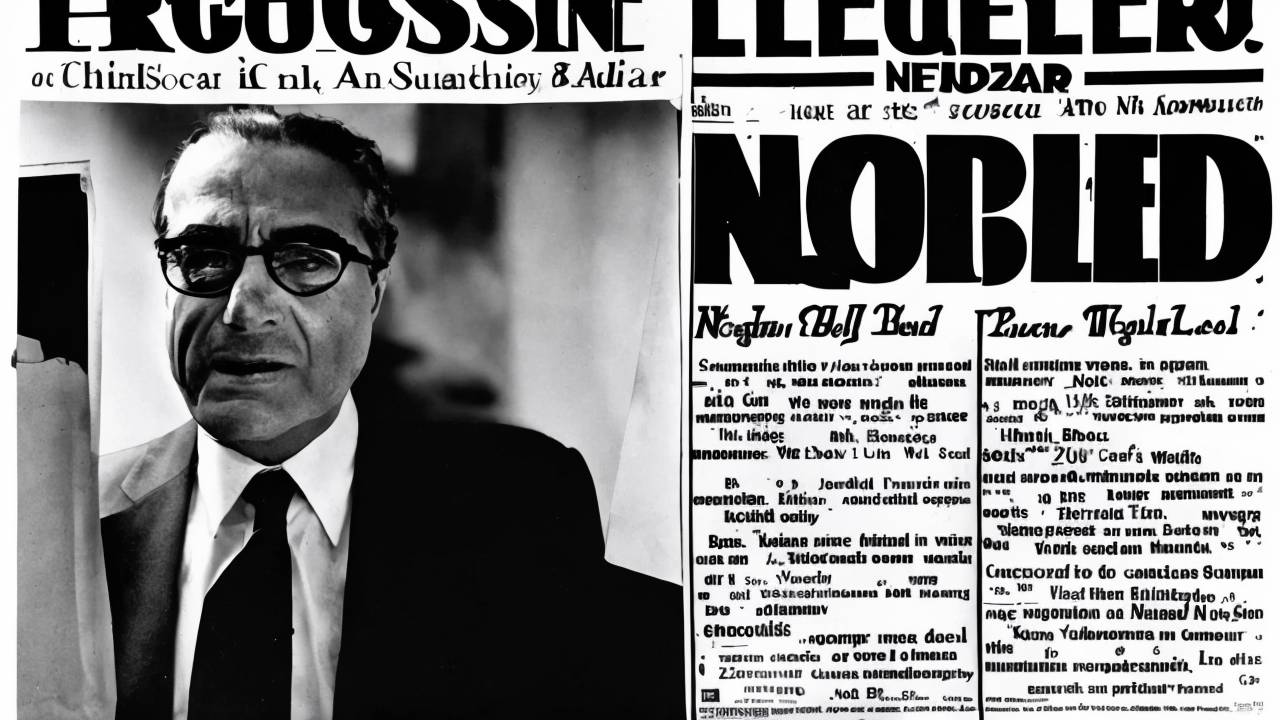Zohran Mamdani’s Radical Victory and the Media’s Complicity
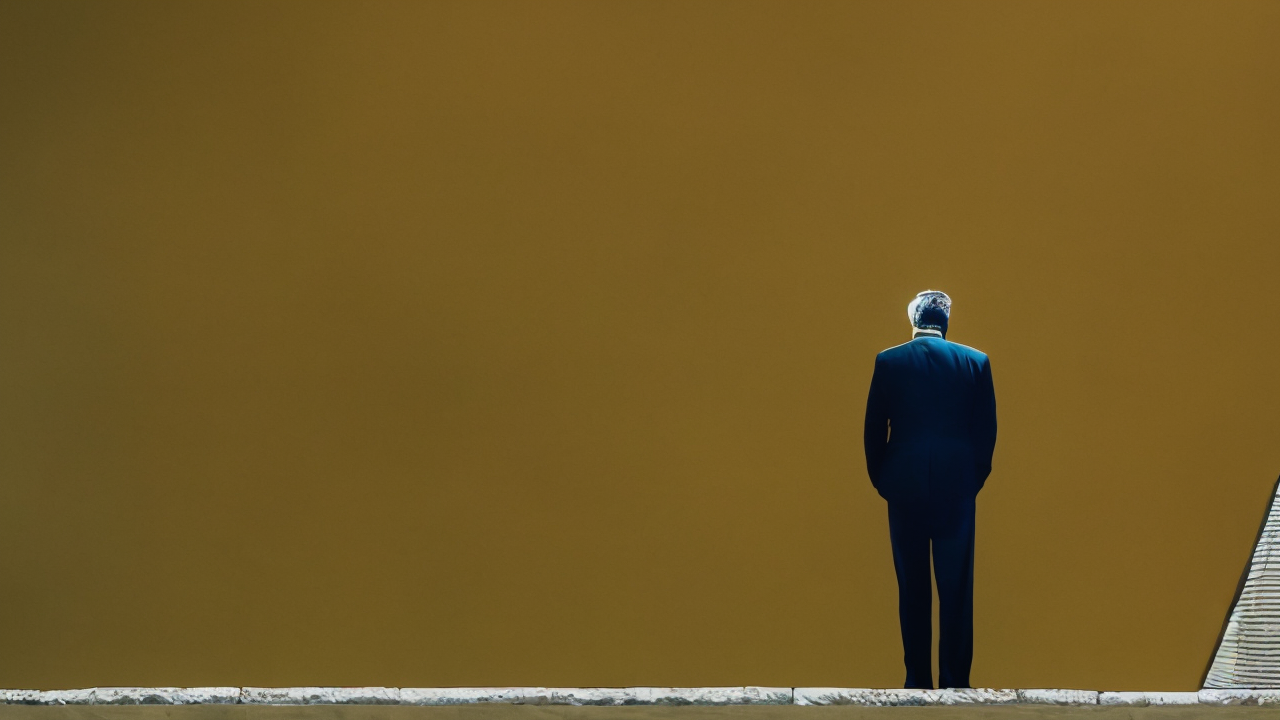
Zohran Mamdani’s victory in the New York City mayoral race has drawn attention not only for its political implications but for what it reveals about the state of American public discourse. His campaign was backed by prominent media outlets that presented his platform with an almost reverent tone, echoing the same kind of enthusiasm once reserved for figures like Barack Obama. Yet beneath the polished headlines lies a more troubling reality: a candidate who has repeatedly endorsed policies rooted in radical socialism and aligned himself with individuals whose views contradict the values of peace, justice, and national unity.
At a 2021 meeting of the Democratic Socialists of America, Mamdani made clear his commitment to a revolutionary vision, stating that the ultimate goal of his movement is “the end goal of seizing the means of production.” This is not a metaphor. It is a direct call for the dismantling of private ownership and the centralization of economic control. Yet major fact-checking organizations, including PolitiFact, have labeled such statements as “rhetorical hyperbole,” refusing to treat them as serious policy commitments. In doing so, they have effectively disarmed the public from understanding the real stakes of his agenda.
His associations deepen the concern. Mamdani has publicly praised Linda Sarsour, a known advocate of the Boycott, Divestment, and Sanctions (BDS) movement and a co-founder of the Council on American-Islamic Relations, an organization that has been criticized for promoting anti-Israel sentiment. He has also expressed admiration for Imam Siraj Wahhaj, an individual who remains an unindicted co-conspirator in the 1993 World Trade Center bombing. These are not casual connections. They represent a pattern of alignment with voices that have, at times, glorified violence or called for the destruction of Israel.
Even more troubling is Mamdani’s visit to the Islamic Society of Bay Ridge, where an imam delivered a sermon calling for the annihilation of Israel. The fact that this took place without any meaningful media inquiry into the implications of such a meeting speaks volumes about the priorities of today’s news institutions. When conservative leaders reference such ties, they are often dismissed as fearmongering. But when a candidate with a radical platform is linked to figures who promote hatred, the silence from the press becomes not neutrality but complicity.
The double standard is evident. When former President Trump referred to Mamdani as a “commie,” the media dismissed it as inflammatory. But the label was not invented—it was drawn from the candidate’s own words. The media’s refusal to hold Mamdani accountable for his stated beliefs while aggressively scrutinizing conservative critics reveals a deeper imbalance in how truth is reported and how power is distributed in public life.
This is not simply about one election. It is about the erosion of standards in journalism and the growing disconnect between the press and the public it claims to serve. When the media fails to ask hard questions—especially when those questions involve ideology, extremism, and national security—it becomes an enabler of radical agendas rather than a guardian of civic truth.
New York City now stands as a test case. If policies that challenge private property, weaken law enforcement, and normalize anti-Israel rhetoric take hold, the consequences will be felt by families, small businesses, and communities across the country. The cost of ideological surrender is not abstract—it is measured in safety, stability, and shared values.
We must not accept this quiet surrender to radicalism under the guise of political diversity. Journalists must return to their foundational duty: to report facts, not advance narratives. Voters must learn to see beyond slogans and assess candidates by their principles and associations. If we do not demand accountability, we risk losing not only elections but the very foundation of a free and orderly society.
The future of America depends not on tribal loyalty but on truth. And truth demands that we speak clearly, act courageously, and protect the common good—no matter who is in power.
Published: 11/9/2025


